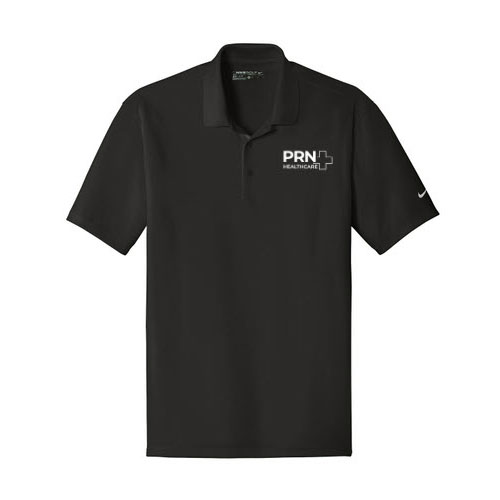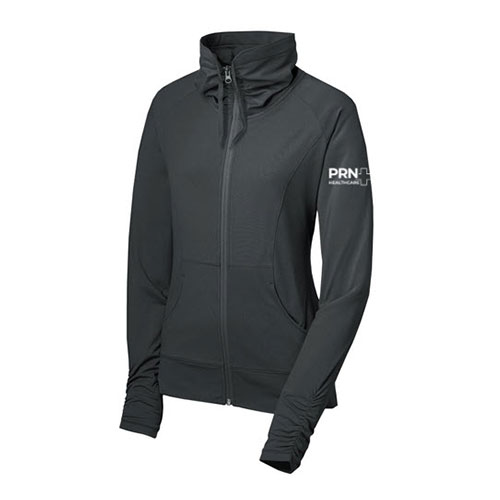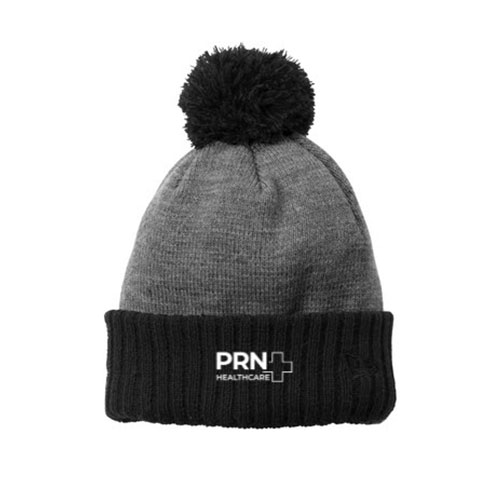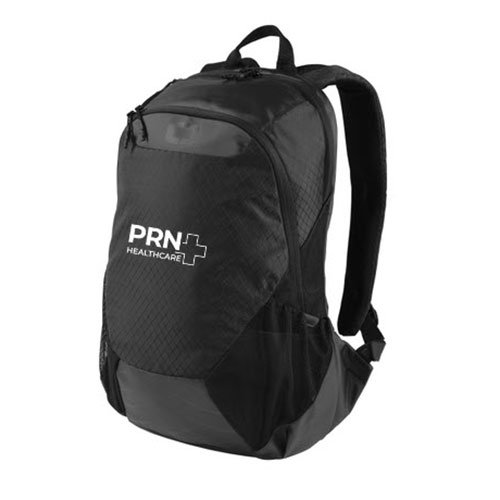As healthcare professionals we tend to see an increase in heat-related illnesses during the summer months. When the temperature rises, it becomes crucial to take necessary precautions to beat the heat and protect our health and our loved one’s health. Heat-related illnesses can range from mild discomfort to severe conditions that require immediate medical attention. In this blog, I will provide essential tips and strategies to beat the heat and enjoy the summer while keeping yourself and family safe and healthy.
Push Fluids
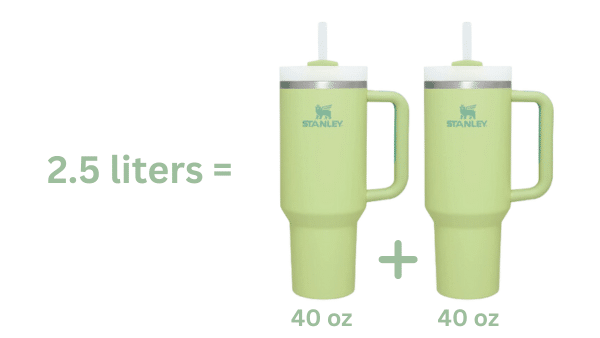
Don’t be a camel. As a nurse, I know it is hard to sneak away for a break when on shift, but you have to find time to stay hydrated both on shift and off. Afterall, one of the most important steps to beat the heat is to stay hydrated. Drink plenty of fluids throughout the day, even if you don’t feel thirsty. Water is the best option, but you can also include other hydrating beverages like electrolyte-rich drinks like coconut water, smoothies, or Pedialyte. Year round you should be drinking 64 oz of water a day. During the summer months this increases to 2.5 liters according to Hackensack Meridian Health! This is like drinking two 40 oz Stanley water bottles. Sorry Starbucks lovers, but it is best to avoid excessive consumption of sugary or caffeinated drinks as they can contribute to dehydration.
Dress for Success
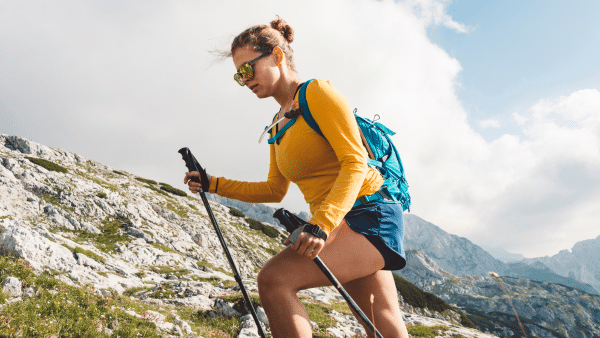
Wearing the right clothing can make a significant difference in keeping your body cool and protecting you from the sun during the summer months. When packing for your outdoor outing, opt for loose-fitting, lightweight, and breathable fabrics such as cotton or linen. Light-colored clothing reflects sunlight rather than absorbing it, helping to maintain a lower body temperature. Surprisingly long-sleeved shirts also keep you cooler than wearing a tank top. It keeps you cool by protecting your skin from direct sunlight and allowing your sweat to build up and cool you down faster. Bonus points if the long-sleeved has UPF. Finally, Substitute that baseball cap for a wide brimmed hat that protects your ears and neck.
Watch The Clock

The hottest parts of the day are typically between 10 a.m. and 4 p.m. When planning time outside try to limit the time during these peak hours. Instead, plan your activities for the morning or evening when temperatures are cooler. If you must be outdoors, seek shade whenever possible and take frequent breaks in air-conditioned or cool environments. Also keep an eye on the UV Index. A UV Index is the intensity of ultraviolet (UV) radiation from the sun. This can be sneaky. Even if it is cloudy, there can be a high UV index. Too much exposure to UV can cause sun burn and long-term effects like cancer and cataracts. If you are on a travel contract in Texas, Florida, or Arizona, be mindful that the sun is more intense in these states.
Keep in mind you may be extra susceptible to the sun’s rays if you have fair skin, red hair, blue eyes, blister from sun burns, have an abundance of moles or freckles, or have had family members who have had skin cancer.
Create a Cool Environment

Maintaining a cool environment indoors is essential, especially if you don’t have access to air conditioning. Keep your windows covered with blinds or curtains to block out direct sunlight. Use fans or invest in portable air coolers to circulate air and create a cooling effect. If possible, spend time in air-conditioned public spaces such as libraries, malls, or community centers. Cooling your body through cold showers or baths can provide instant relief from the heat. If you feel overheated, take a quick shower or apply a cold compress to your neck, wrists, or forehead. This helps lower your body temperature and promotes a cooling sensation.
Eat Light and Refreshing Foods

During hot weather, it’s beneficial to consume light and refreshing foods that can help cool your body from within. Include hydrating fruits and vegetables such as watermelon, cucumber, citrus fruits, and leafy greens in your diet and lunch box. These foods are not only rich in water content but also provide essential vitamins and minerals to support your overall health. Even if you work in an air conditioned unit, it is important to prep your body for the climate that awaits you outside the facility doors.
Monitor Vulnerable Individuals

As a nurse, we see quite a bit of heat-related illnesses during the summer. There are certain individuals who are more susceptible to heat-related illnesses. This includes the elderly, young children, and those with chronic health conditions like diabetes, high blood pressure, and asthma. Keep an eye on these individuals and encourage them to stay cool. You can help ensure they beat the heat by providing them with plenty of fluids, monitor their exposure to the sun and heat, and ensure their living spaces are adequately ventilated and cooled.
Recognize the Signs of Heat-Related Illnesses
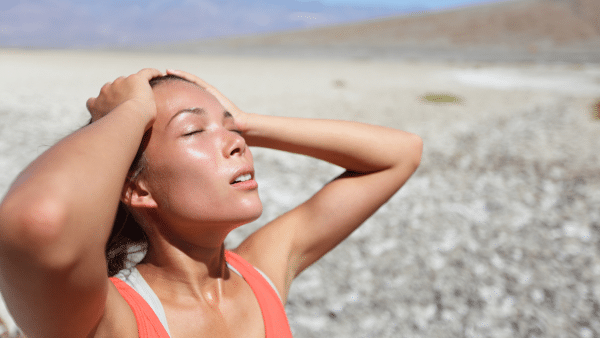
As healthcare professionals, we are probably aware of heat-related signs and symptoms. It’s important to also keep your patients and family members educated on the dangers of overexposure to the sun and heat. Conditions such as heat exhaustion and heatstroke can be life-threatening. Symptoms may include dizziness, rapid heartbeat, headache, nausea, confusion, and hot, dry skin. If you or someone around you experiences these symptoms, follow these steps:
- Move individual to cool location like an air conditioned room or shaded area
- Lay them on their back and elevate their feet slightly
- Apply a cold compress to the back of the neck
- Remove any tight or heavy clothing
- Have the individual sip a cool drink like water or something with electrolytes.
If symptoms worsen, seek medical attention immediately.
You should have a better idea now how to beat the heat both on shift and off. It requires proactive measures and a mindful approach to maintaining your well-being. By staying hydrated, dressing appropriately, planning outdoor activities wisely, and creating a cool environment, you can enjoy the summer while minimizing the risks associated with excessive heat. Remember, prevention is key. Stay cool, friends!

